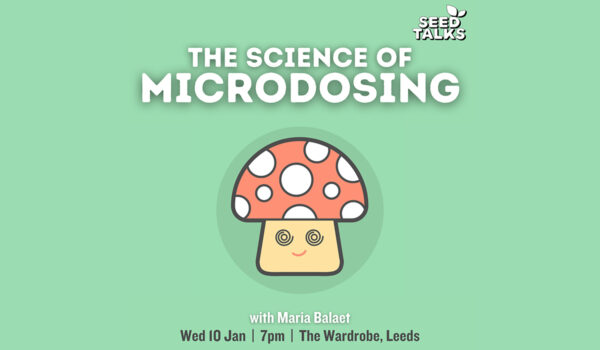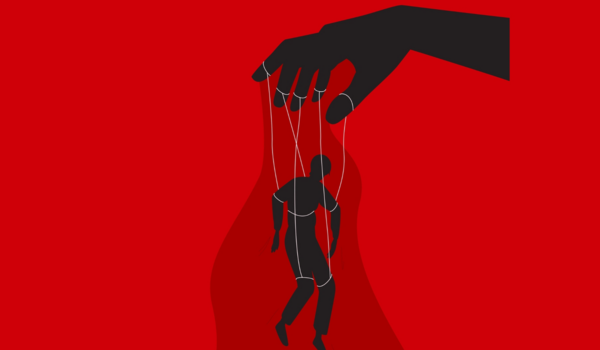Microdosing is rising in popularity by the day. This practice consists of taking very low doses of psychedelics such as LSD or psilocybin (the active component of magic mushrooms). Personal and anecdotal accounts coming from public figures are supporting the idea that microdosing could be immensely beneficial to our mental wellbeing. It is speculated that microdosing could improve performance at work, stimulate creativity, alleviate symptoms of depression or anxiety and enhance cognitive function. Yet the scientific community is currently debating the evidence on microdosing being able to elicit real effects. Is it objectively enhancing productivity, creativity and mental health, or is it a placebo? This talk is going to explore the latest evidence regarding the mechanisms and effectiveness of microdosing in a range of scenarios.
Doors open at 7pm, talk starts at 7.30pm – come down early to grab a good seat!
Follow us on IG @seedtalks
Maria Balaet is a computational neuroscientist at Imperial College London who specialises in large scale cognitive testing. Her work focuses on understanding how cognitive processes such as memory, attention, problem solving and language differ in people who consume drugs (such as psychedelics) recreationally, or suffer from neurological and psychiatric disorders. She is currently running an online study where people can play brain games while they are under the influence of psychedelics to help scientists understand how their abilities are affected.





